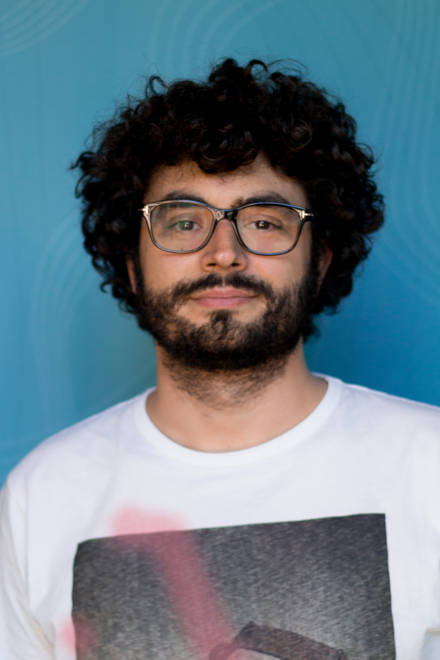Rocco Bellanova's research focuses on questions of privacy and data protection as applied to security and surveillance practices and technologies.
Rocco has recently completed a PhD in Brussels, at the Centre de Recherche en Science Politique (CReSPo) of the Université Saint-Louis and at the Law, Science, Technology and Society (LSTS) of the Vrije Universiteit Brussel. His doctorate analyzes the powers and politics of data protection, in particular in relation to the deployment of security technologies based on passenger data. His focus is mostly on the so-called Area of Freedom, Security and Justice of the European Union, and on its external dimension in relation to the United States. He has published on topics such as the body scanners, the EUROSUR project, the connection of DNA databases, the data retention directive.
At PRIO, Rocco is currently working on three EU FP7 funded projects: IRISS (on surveillance and resilience in democratic societies); ETTIS (on European security trends and threats); PACT (on public perception of privacy and security).
He is also member of the Scientific Committee of the Computers, Privacy and Data Protection - CPDP international conferences, and he has been part of its Programming Committee for five years.






